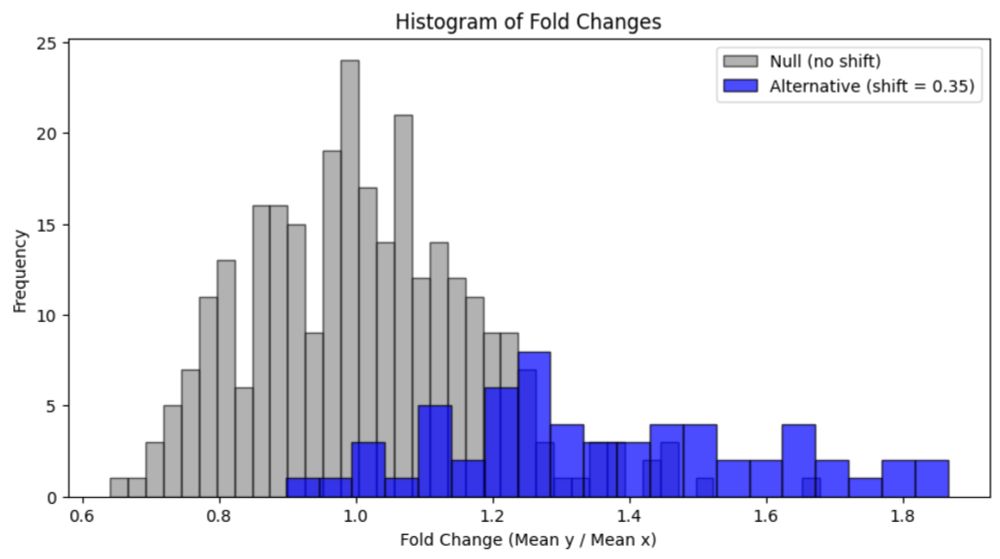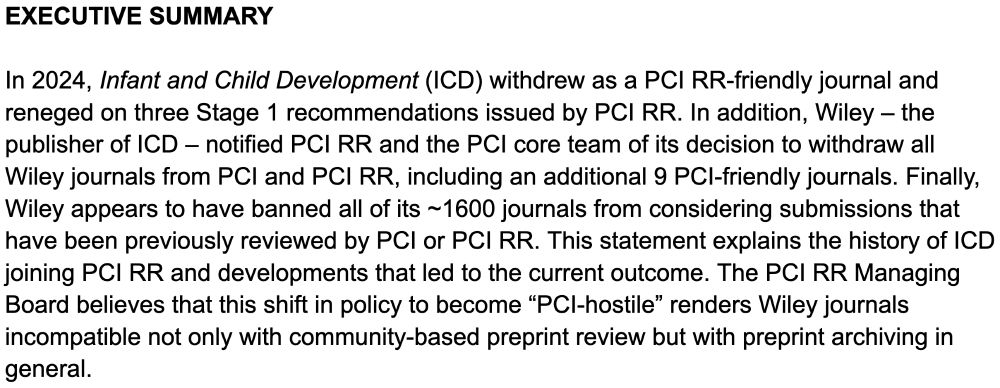Guillaume Pech
@guillaumepech.bsky.social
120 followers
66 following
40 posts
PhD student at ULB in Cognitive Science - funded by fnrs grant | Interested in EEG, Voluntary action, Intention.
Posts
Media
Videos
Starter Packs
Reposted by Guillaume Pech
Guillaume Pech
@guillaumepech.bsky.social
· Aug 11
Guillaume Pech
@guillaumepech.bsky.social
· Aug 11
Guillaume Pech
@guillaumepech.bsky.social
· Aug 11
Guillaume Pech
@guillaumepech.bsky.social
· Jul 28
Reposted by Guillaume Pech
Reposted by Guillaume Pech
Liad Mudrik
@liadmudrik.bsky.social
· Jul 21
Reposted by Guillaume Pech
Dan Falk
@danfalk.bsky.social
· Jul 18

Is it time to bring back natural philosophy? - ABC listen
Once upon a time, what we now call scientists were known as "natural philosophers". These were people who studied the physical universe through observation and logic, using philosophical methods and r...
www.abc.net.au
Reposted by Guillaume Pech
Reposted by Guillaume Pech
Reposted by Guillaume Pech
Reposted by Guillaume Pech
Wim De Neys
@wimdeneys.bsky.social
· Jun 19
Reposted by Guillaume Pech
Reposted by Guillaume Pech
Lior Pachter
@lpachter.bsky.social
· Jun 16

Reply to: Reply to: False positives in the study of memory-related gene expression
In the Nature paper “Spatial transcriptomics reveal neuron–astrocyte synergy in long-term memory” published on March 14th, 2024, authors Sun et al. claimed to identify cell-type specifi…
liorpachter.wordpress.com






